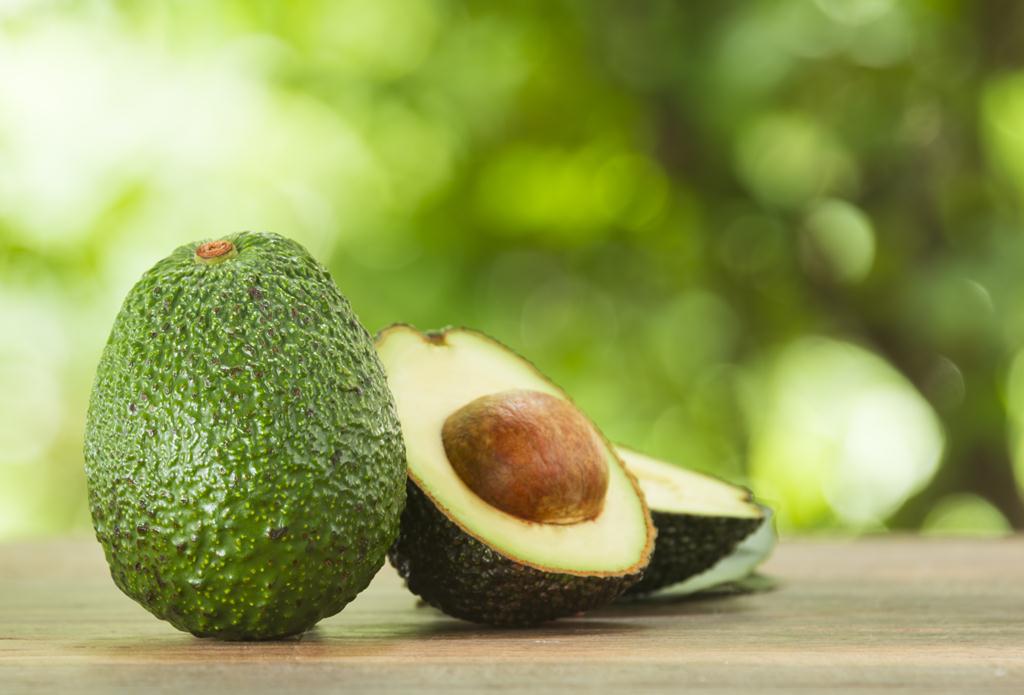
While most people think of avocado as simply the main ingredient in guacamole, it is certainly a superfood in its own right. The avocado is rich in mono-unsaturated fatty acids—including the powerful oleic acid also found in olive oil—and in fibre, folate, glutathione, phytosterols, flavonoids, and carotenoids, which are the pigments found in plants that contain a wealth of health benefits. In fact, this creamy, green fruit is packed with a host of different carotenoids, ranging from alphacarotene to zeaxanthin, while also including lesser-known beneficial carotenoids such as neochrome.
Most importantly, the amount and combination of dietary fats found in avocado, as well as its abundant supply of oleic acid, provide optimal absorption of carotenoids—not just the carotenoids found in the avocado itself, but also the carotenoids found in other foods eaten at the same time.
An impressive 80% of avocado is dietary fibre, of which 70% is insoluble and 30% is soluble. The average serving is half an avocado, which provides a full 4.6 grams of fibre. Avocado is particularly abundant in oleic acid, a mono-unsaturated fatty acid that has been found to be the potent compound in olive oil responsible for its blood pressure-reducing effects.
Internal health benefits aside, avocado may deliver skin beautifying effects. The concentration of carotenoids in the skin is directly linked to the level of fruit and vegetable consumption. Specifically, a higher intake of vegetables that are yellow or green—such as avocado—has been associated with significantly fewer skin wrinkles.
The monounsaturated fatty acids abundant in avocado moisturise skin from the inside. Its vitamin E, carotenoid, and glutathione scavenge free radicals, which can prematurely age and wrinkle the skin. Preclinical studies suggest that avocado compounds, including its polyhydroxylated fatty alcohols, can protect skin health by promoting wound healing and inhibiting UV damage. Avocado’s highly bioavailable carotenoids lutein and zeaxanthin may help also protect the skin from damage from both UV and visible radiation.
Text from Clinique Suisse
Photo by bigstockphoto.com
Source(s) : Clinique Suisse